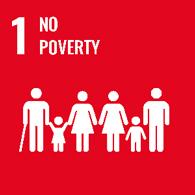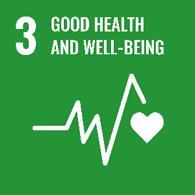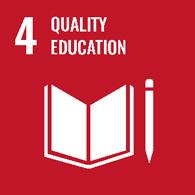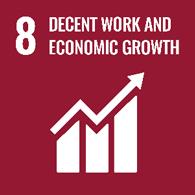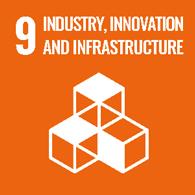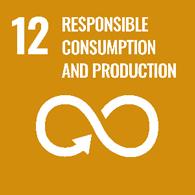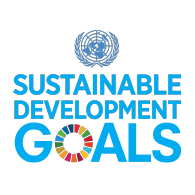UN Goal 5 - Gender equality
Breadcrumb
Child page UN Goal 5
Introduction UN Goals
In 2015, under the aegis of the United Nations, the international community adopted Agenda 2030. It lays out 17 global goals together with the call to implement measures to achieve those goals. In particular, the Sustainable Development Goals No Poverty, Health and Well-being, Quality Education, Gender Equality, Decent Work and Economic Growth, Industry, Innovation and Infrastructure, Resonsible Consumption and Production, Climate Action and Peace, Justice and Strong Institutions are of great importance to Messer. Both global and local projects and activities, as well as initiatives supported by Messer, contribute to various sustainability goals. The individual projects contribute to long-term improvement and can be viewed here:
Accordion UN Goal 5
Diversity and equality
Diversity and equal opportunity are anchored in our mission statement. Our forward-looking and sustainable Human Resources policies ensure a level playing field for professional success, respect cultural differences, and promote interaction among each another. For Messer, diversity is essential to innovation and sustainable business success, and mutual trust and respect form the basis of our corporate culture.
Diversity management
The goal of our diversity management program is to create a respectful work environment that is free of prejudice, regardless of the employees’ gender, nationality, ethnic or social origin, religion, ideology, disability, age, sexual orientation or gender identity. Since 2019, Messer Group has been a recipient of the Total E-Quality Award for equal opportunity in personnel and organizational policy with the special citation for diversity. Valid for three years, the award is supported and recommended by the German Federal Ministry for Family Affairs, Senior Citizens, Women and Youth as well as by the German Federal Ministry of Education and Research.
In addition, we are signatories to the “Diversity Charter,” an initiative that promotes diversity in companies and institutions. Our interdisciplinary team and contact persons responsible for diversity management in our international subsidiaries help us deliver on our diversity commitment throughout the organization.

In 2021, the Americas nominated a Diversity and Inclusion Officer, as well as D&I Ambassadors for each of the countries in the Americas region. The D&I Officer together with the D&I Ambassadors help advance diversity and inclusion efforts through dedicated initiatives and concrete actions. To progress the Americas D&I agenda, a formal program was established focusing on three key pillars: education, engagement and process.
Diversity Report
In May 2021, Messer published its second annual Diversity Report. A wide range of data are collected anonymously, including the workforce’s key indicators relative to gender along with length of company service, age distribution and nationality, and the diversity management actions are also reflected. This monitoring will help us achieve the established objectives and metrics.
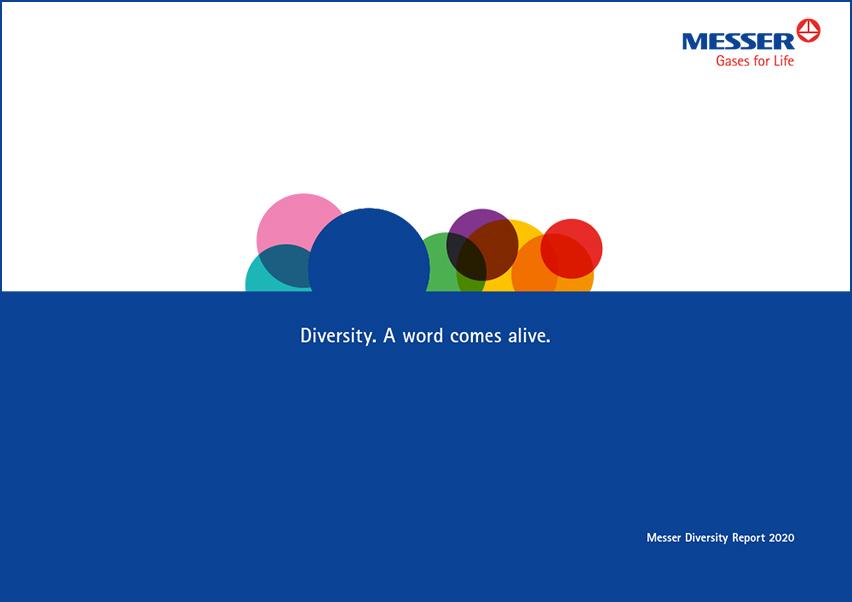
Share of women and equality
As of December 31, 2021, Messer employed 10,209 people; on December 31, 2020, that figure was 10,764. The share of women was 28.1 percent, which was slightly below the 28.4 percent share of the previous year. The share of women in first and second level management positions was 25.1 percent versus 24.1 percent in 2020. The share of women in management positions at Messer in the Americas (35.8 percent) was significantly higher than in Western Europe (23.8 percent) or Central and Eastern Europe and Asia (21.4 percent collectively).
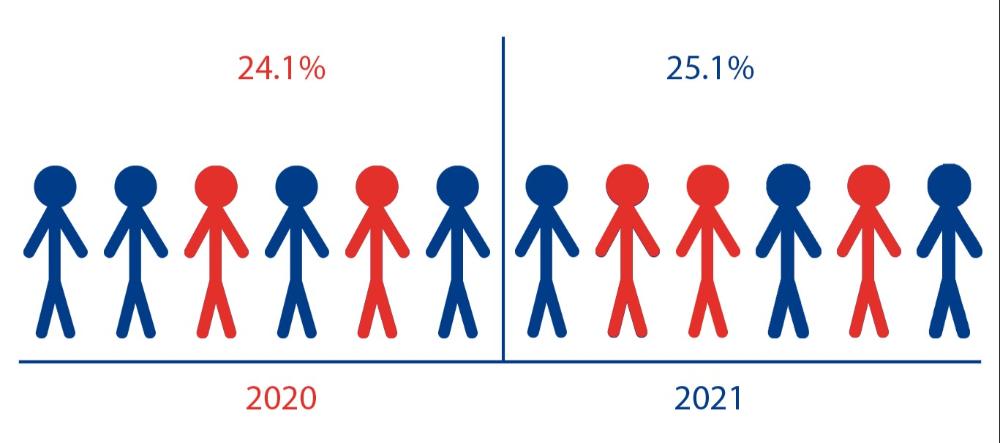
The share of women in the first and second levels of management will be raised over the long term, with the goal of establishing mixed-gender management teams with a 30-percent share of women by 2030.
Our salaries are based on function, market, performance, education, experience and number of years of service, as well as any collective wage agreements or comparable collective wage agreements and adjustments for inflation. It goes without saying that our remuneration policy makes no distinction among genders.
Messer Group earns the Total E-Quality award
In 2019, the Messer Group was recognized for equal opportunity in personnel and organization policy for the first time by the non-profit association Total E-Quality Deutschland e.V. The Total E-Quality award is supported and recommended by the German Federal Ministry for Family Affairs, Senior Citizens, Women and Youth as well as by the German Federal Ministry
of Education and Research. Among the 13 new award winners, only four earned the supplementary award for “Diversity” – and one of them is the Messer Group. It is valid for three years.
Made in Germany – Made by Diversity
In 2019, the Messer Group participated in the “Made in Germany – Made by Diversity” initiative, speaking out along with some 50 other German family-run businesses in favor of an open-minded attitude toward the outside world and against xenophobia.
Messer Group signs Diversity Charter
In November 2019, Stefan Messer signed the Diversity Charter, sending a signal of commitment to diversity and respect at Messer. The Diversity Charter is an initiative that promotes diversity in companies and institutions under the patronage of German Chancellor Dr. Angela Merkel. In signing the charter, the Messer Group undertakes to create a respectful work environment that is free of prejudice, regardless of gender, nationality, ethnic origin, religion or ideology, disability, age or sexual orientation and identity of the employee. The signing falls within the scope of measures developed and implemented by the Diversity team in the context of the Diversity Management program.
Unconscious bias training
In 2021, Messer established an international training program against unconscious biases. Unconscious biases and prejudices are considered to be among the greatest barriers for diversity strategies. They can affect hiring, for example, when recruiters unconsciously give preferential treatment to people of their own gender, skin color, orientation or cultural affiliation. Messer’s international management team received training in the form of a comprehensive and mandatory e-learning course. In a first stage, the training course was then expanded to the international HR network team and the workforce in Germany. It uses examples to illustrate the problems that “fast thinking” can create – both in private life and at work. Building on that foundation, managers were then trained in techniques designed to help them take more conscious decisions, and therefore better ones.
A leading provider of unconscious bias training was selected by the team in the Americas to facilitate its training program, which is formally being rolled out to the entire organization.
The unconscious bias e-learning courses will continue its expansion in 2022.
Supervisory Board of Messer SE & Co. KGaA reflects gender parity
Messer appointed Sabine Scheunert to its Supervisory Board, which now comprises four women and four men. Ms. Scheunert is the Vice President of Digital & IT Sales/Marketing for Mercedes-Benz Cars at Mercedes-Benz AG. In her executive board function at Mercedes, Ms. Scheunert is responsible for all IT-based marketing, sales and after-sales activities as well as the complete digital customer experience of the brand.
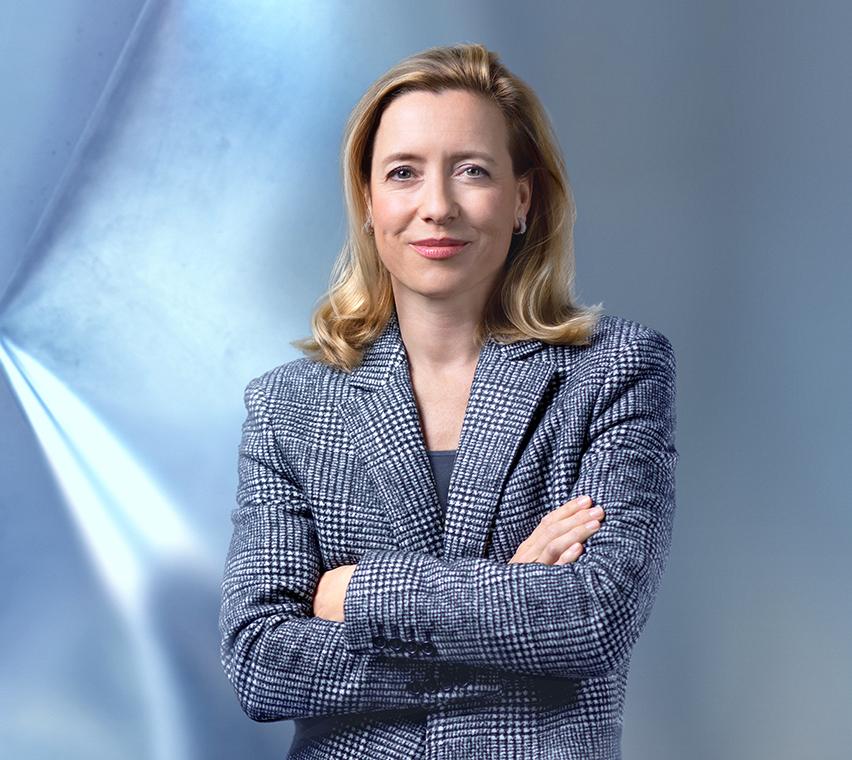
Colombia / Chile: International Women’s Day activities
In March 2021, Messer’s subsidiaries in Colombia and Chile organized many activities to honor the accomplishments of women and to raise awareness for equal rights. These activities were conducted in conjunction with International Women’s Day, which is celebrated on March 8. Webinars featured interviews with female employees in management positions, and a workshop focused on the importance of gender equality. Activities were rounded out with tips on how to promote human rights and diversity in our everyday lives along with recognition of important contributions made by women leaders.
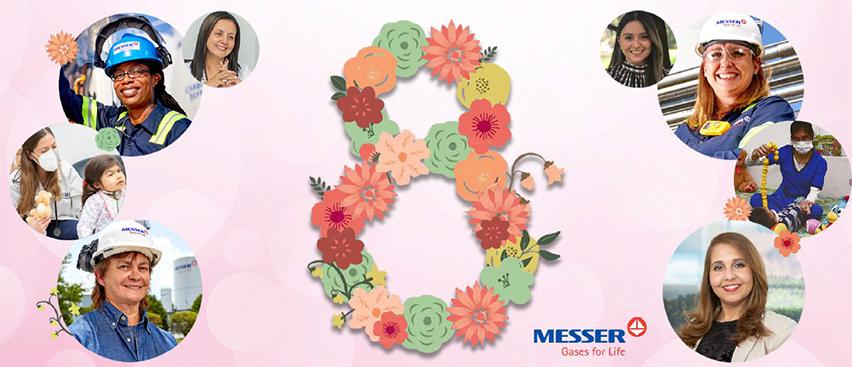
USA: Messer signs CEO Action for Diversity & Inclusion pledge
Messer America’s CEO, Jens Luehring, signed the CEO Action for Diversity & Inclusion pledge. The CEO Action for Diversity & Inclusion is an organization with over 2,000 CEO signatory companies that are devoted to driving measurable action and meaningful change in the workplace. Additionally, the company promotes celebrating diversity recognition events including, Pride Month, Martin Luther King Jr. Day, Hispanic Heritage Month, Veterans Day and Global Diversity Awareness Month to engage employees and promote inclusion.

